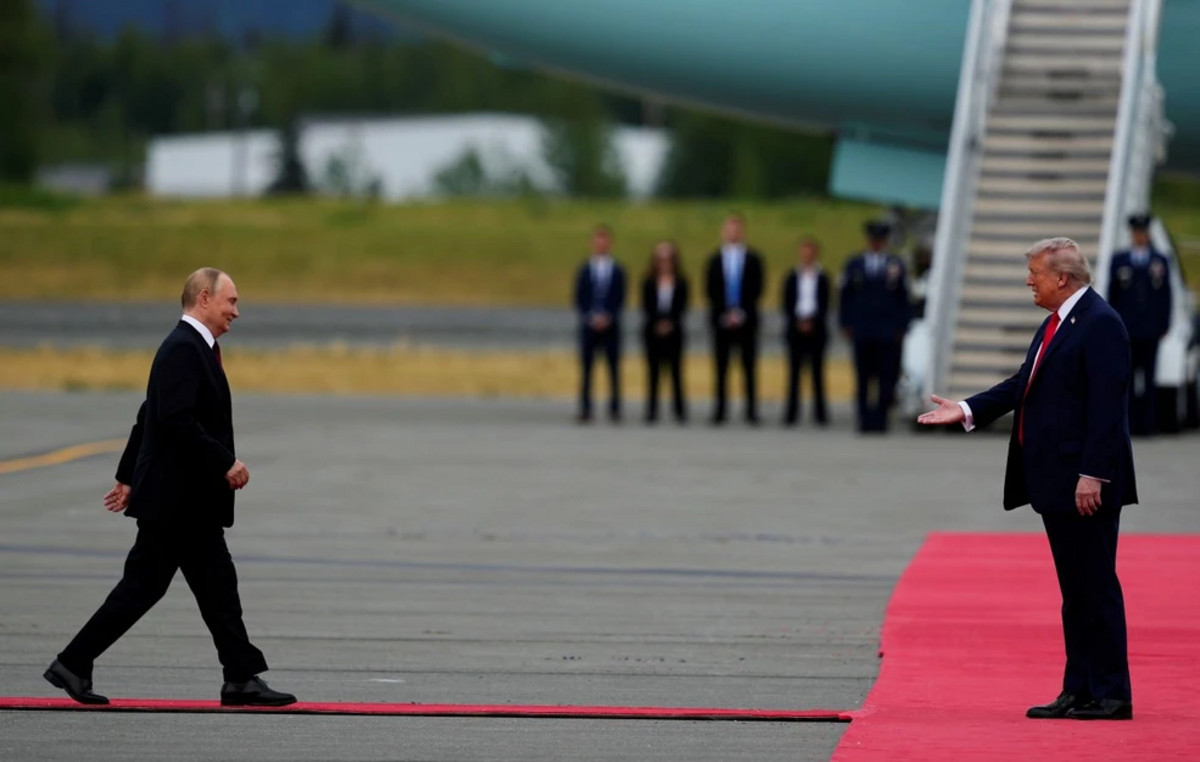The Organization for Economic Cooperation and Development (OECD) lowered its forecast for growth in Brazil’s Gross Domestic Product (GDP) this year, from 1.4% to 0.6%. For 2023, the forecast dropped from 2.1% to 1.2%. The changes since last December’s estimates were informed through the OECD’s economic outlook report, published this Wednesday, 8.
After the strong recovery seen in 2021, Brazil’s economic growth is expected to decelerate significantly in 2022 until it recovers next year, notes the OECD. “Rising inflation, the war in Ukraine and tighter financial conditions have eroded economic sentiment and purchasing power, which is expected to strongly affect domestic demand in the first half of 2022,” the organization predicts.
The presidential race at the end of the year also adds uncertainty to the scenario and helps keep investment moderate until 2023, notes the OECD. The institution notes that the recovery of the Brazilian labor market has been slow, with the participation rate and real incomes below pre-pandemic levels.
With food and energy prices soaring amid Russia’s war in Ukraine, the OECD advocates social programs to protect the most vulnerable population. Furthermore, the report states that additional efforts are needed to improve the targeting and effectiveness of public spending, “to remain consistent with sound fiscal management”.
If inflationary pressures persist, the Central Bank should continue to raise the basic interest rate, says the organization. The institution notes that the Selic rate is expected to rise from the current 12.75% to 13.25% per annum at the next monetary meeting. “The Selic rate is expected to remain at 13.25% until the beginning of 2023 and then slowly decline throughout the year as the lagged effects of recent increases are finally felt.”
Furthermore, the OECD encourages Brazil to continue with its “ambitious” reforms to ensure fiscal sustainability and prevent poverty rates from rising. The organization also recommends further exploration of wind and solar energy sources to complement hydropower.
Source: CNN Brasil
I am Sophia william, author of World Stock Market. I have a degree in journalism from the University of Missouri and I have worked as a reporter for several news websites. I have a passion for writing and informing people about the latest news and events happening in the world. I strive to be accurate and unbiased in my reporting, and I hope to provide readers with valuable information that they can use to make informed decisions.







